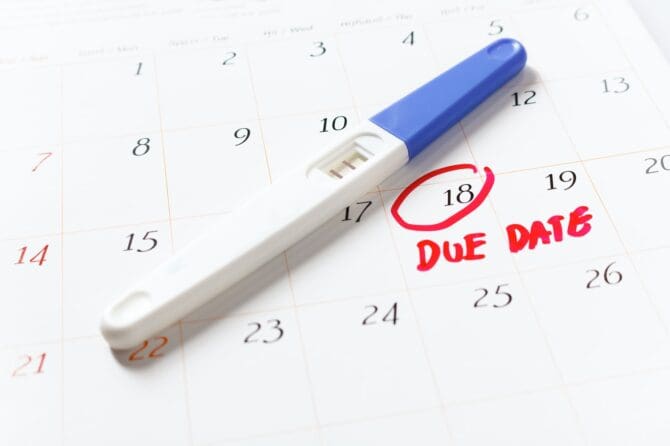During pregnancy, many women glow with the knowledge that they are bringing new life into the world. However, they may also experience a range of symptoms that can range from mild to severe. Some common early pregnancy symptoms include nausea, vomiting, fatigue, and breast tenderness. It is important to note that every woman experiences pregnancy differently. Some women may have no symptoms at all while others may experience all of the above and more. If you are concerned about any pregnancy symptoms you are experiencing, it is always best to consult with your physician.
There’s a lot to consider when you’re pregnant, and one of the most important things is being aware of all the early pregnancy symptoms. It’s also crucial to know the difference between pregnancy and non-pregnancy symptoms, as they can often be very similar. Every woman experiences pregnancy differently, so don’t worry if you don’t have the same symptoms as your friend or sister. Get all the information you need on each early pregnancy symptom in this article, so you know what to expect.
How Your Body Tells That You Are Pregnant
Hormonal changes are a large part of pregnancy for women as the body undergoes physical and psychological changes to support the developing fetus. These changes can present themselves in various ways, and some common early pregnancy symptoms include: heightened sense of smell, morning sickness, increased urination, fatigue, food cravings or aversions, and emotional changes. Although each woman may experience these symptoms differently, they are all early signs of pregnancy.
Implantation bleeding is a type of vaginal spotting that occurs during early pregnancy. This is a very common early pregnancy symptom that takes place when the fertilized egg becomes attached to the walls of the uterus. Here are some ways to differentiate implantation bleeding from common vaginal bleeding:
implantation bleeding typically occurs 5-10 days after fertilization.
The color of the discharge is usually light pink or brown.
An increase in discharge can also signal pregnancy.
Many women also experience slight cramping pain during implantation bleeding. If you experience similar symptoms within a week of conceiving, consider taking a home pregnancy test to confirm your pregnancy.
Frequent Urination
Urinating more frequently than usual is an early pregnancy symptom caused by several things such as the stretching of ligaments and hormonal changes. As the uterus enlarges to make room for the developing fetus, it puts pressure on the bladder, making you feel the need to urinate more often.
Tender, Sore Breasts
Another symptom of early pregnancy is tenderness and pain in the breasts. After conceiving, you will notice that your breasts have enlarged, and this is accompanied by a feeling of tenderness due to the hormonal changes in your body.
High Temperature
An increase in your basal body temperature (BBT) after conception is one early sign of pregnancy. Your BBT will remain elevated throughout the first trimester and may cause you to miss your period.
Missed Periods
A missed period is one of the earliest and most common pregnancy symptoms. It can occur before or after other early pregnancy symptoms, and it varies greatly from woman to woman.
Fatigue and Weakness
Pregnancy can be extremely exhausting, both physically and emotionally. If you’re experiencing fatigue, dizziness, or any other symptom, it’s important to contact a medical professional. Fainting is a common early pregnancy symptom, so don’t be alarmed if it happens to you. Nausea is another common symptom that can occur at any time of day. This is often called “morning sickness” but it can happen at any time, not just in the morning. If you’re feeling overwhelmed, remember that you’re not alone and that this is a normal part of pregnancy.
Before you consult with your gynecologist, it’s important that you prepare a detailed pregnancy journal. This way, you can help him or her detect pregnancy accurately by providing specific information about each early pregnancy symptom you’re experiencing.











